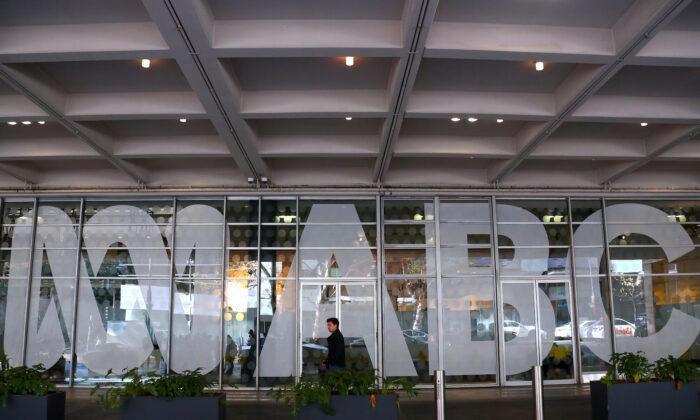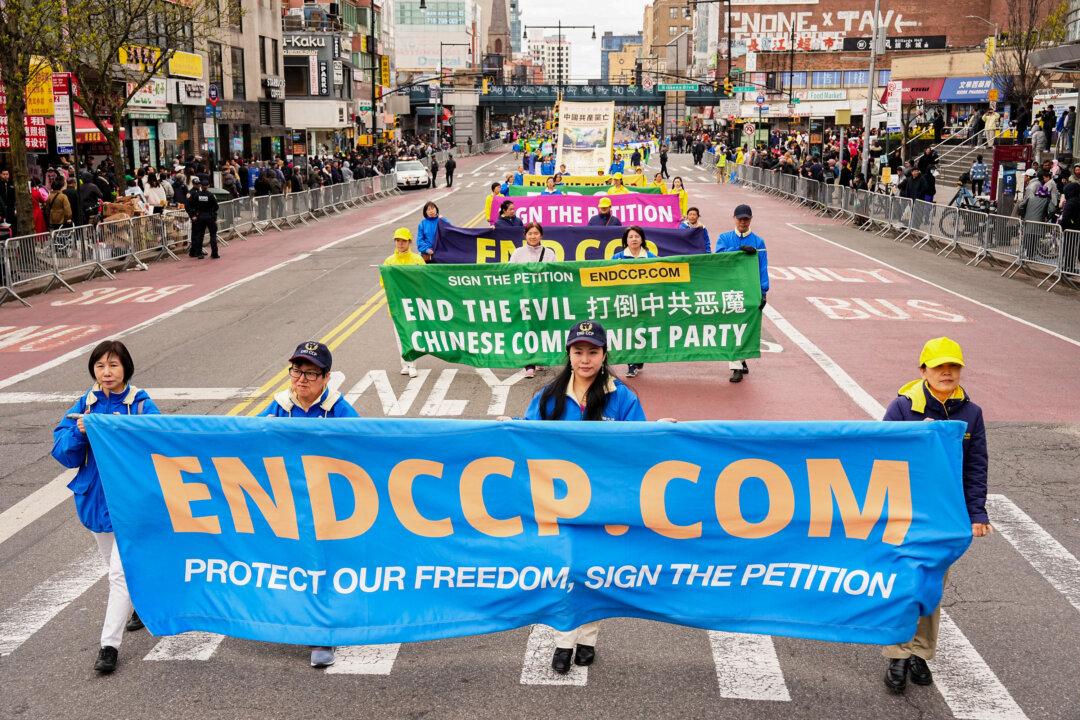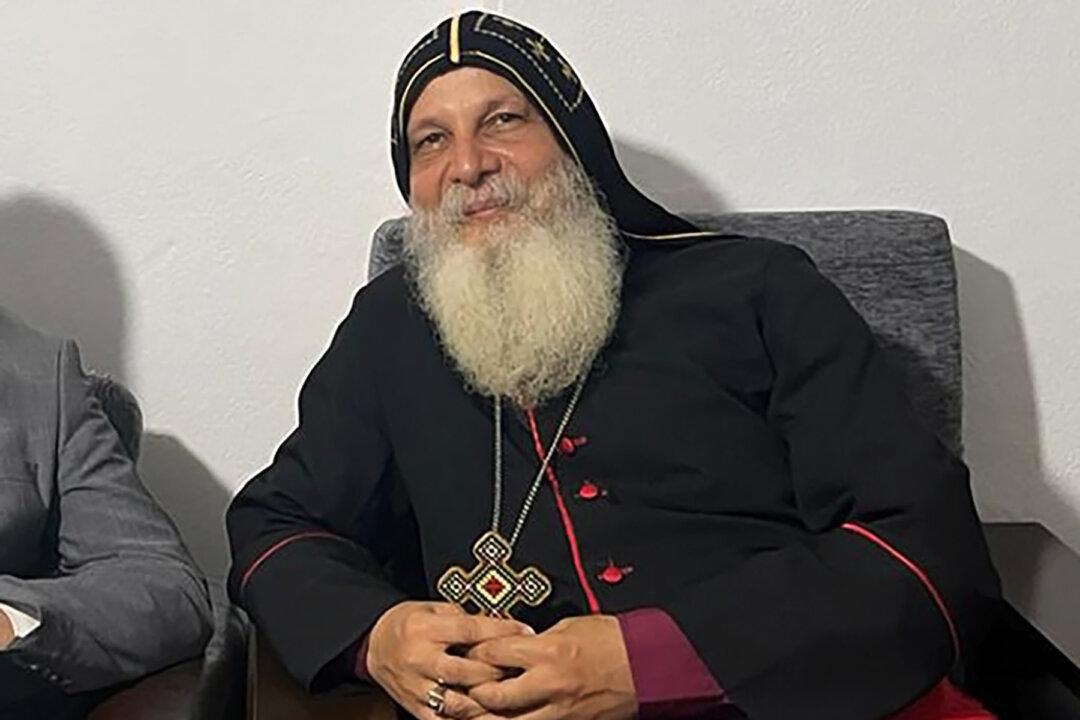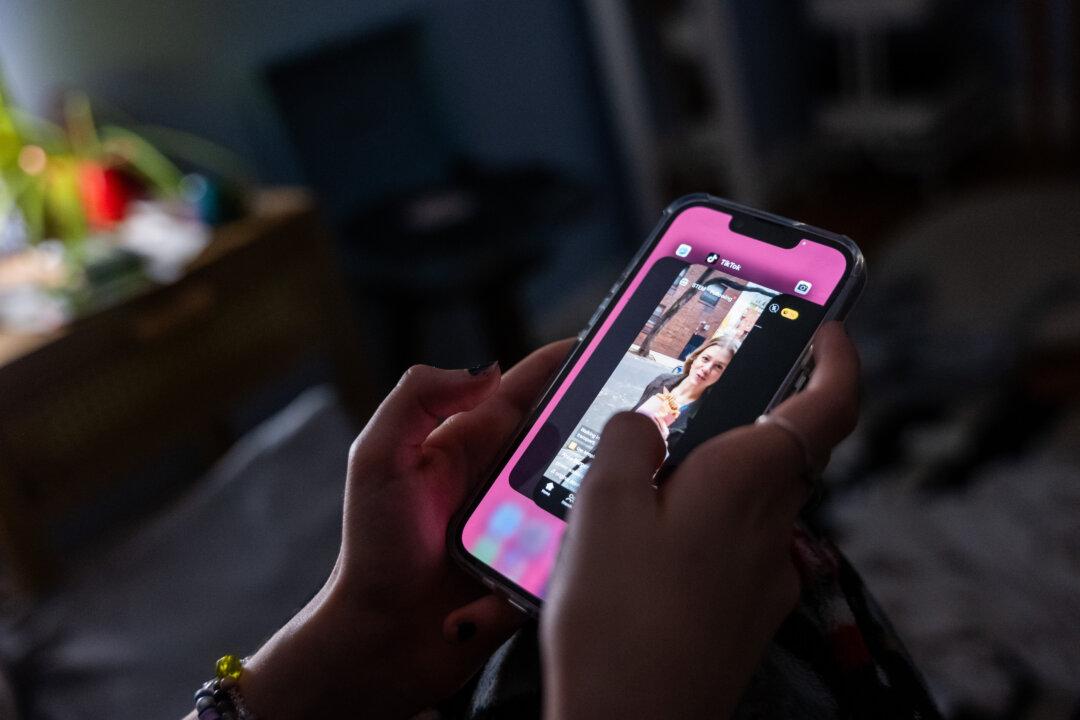The Australian government has ended its $84 million (US$59.4 million), three-year funding freeze of the country’s two public broadcasters in the run-up to the next federal election.
Communications Minister Paul Fletcher made the surprise announcement on Feb. 7, which will unlock $4.2 billion (US$2.8 billion) of extra funding until 2025.
Fletcher, however, cautioned the Australian Broadcasting Corporation (ABC) to “avoid either reality or the perception of political bias.”
“Having high expectations of how the ABC services all Australians—those in the inner city, those in the outer suburbs, those in regional and remote Australia—that is not attacking the ABC,” he told ABC radio on Feb. 7.
“It’s very important that the ABC itself is scrupulously objective and impartial.”
Fletcher also did not guarantee that the government would not reassess the funding if it won the next election—which is due before May 2022.
“What I can commit to is the funding we’ve announced today over the three-year period,” he said.
Ita Buttrose, Chair of the ABC, said she was “delighted” with the government’s decision.
While David Anderson, managing director of the public broadcaster, said the funding would guarantee the ability of the ABC to continue re-investing funds from multi-million dollar deals with Google and Facebook last May into its rural services.
“The AU$3.3 billion over the next triennium, announced by Minister Paul Fletcher, sees the resumption of indexation, the continuation of the Enhanced Newsgathering (ENG) program that provides vital services across the country, and ongoing support for audio description services for blind or visually impaired audiences,” he said in a statement.
The ABC has been criticised for its reporting and progressive-left leaning views.
“It seems to take endless delight in being at war with middle Australia, let alone those with conservative inclinations,” Australia’s longest-serving communications minister, Richard Alston wrote in an op-ed in the Australian Financial Review.
“The great majority of its staff work in the comfortable inner-city enclaves of Ultimo in Sydney and Southbank in Melbourne, and nearly all its commentators and presenters are tertiary educated, with the same world view fixated on progressive social issues such as gender diversity, discrimination, climate change, gay marriage and asylum seekers.”
The ABC is set to receive $3,284.9 million (US$2,324 million) over the next three years, with the SBS receiving $953.7 million (US$675 million).






Friends Read Free